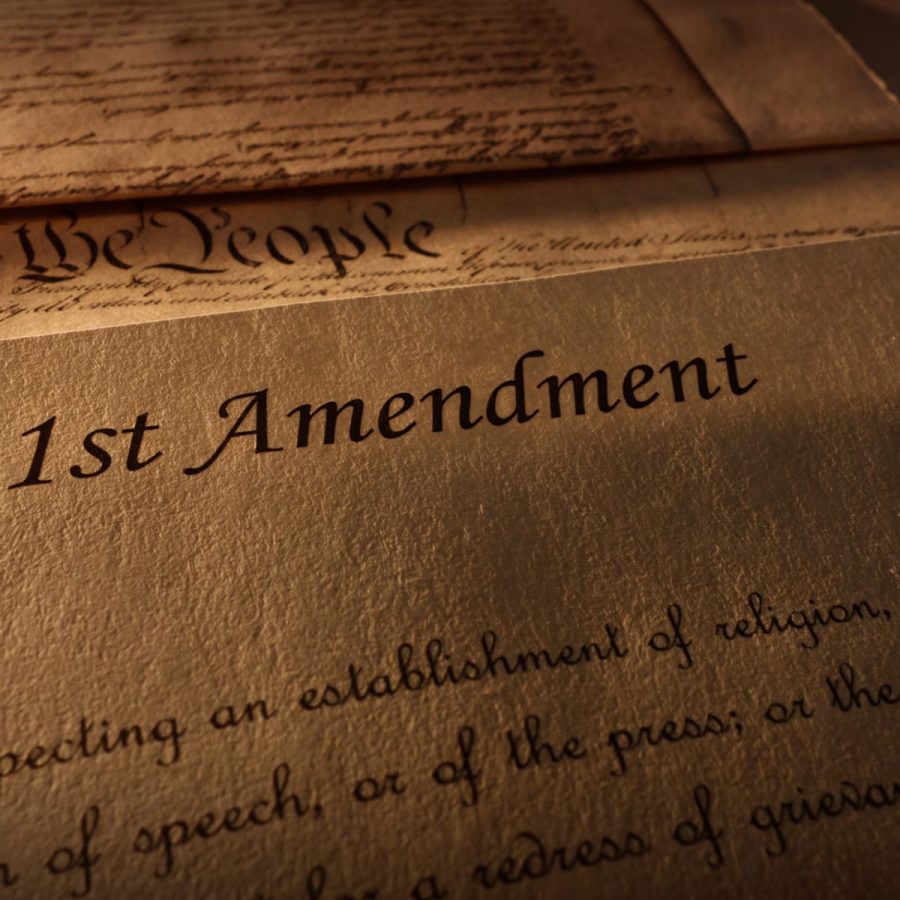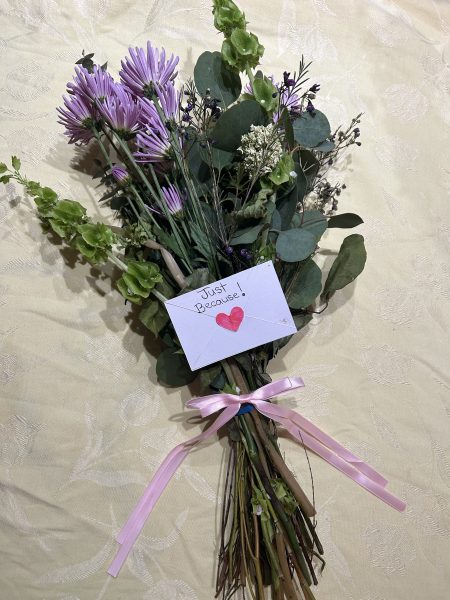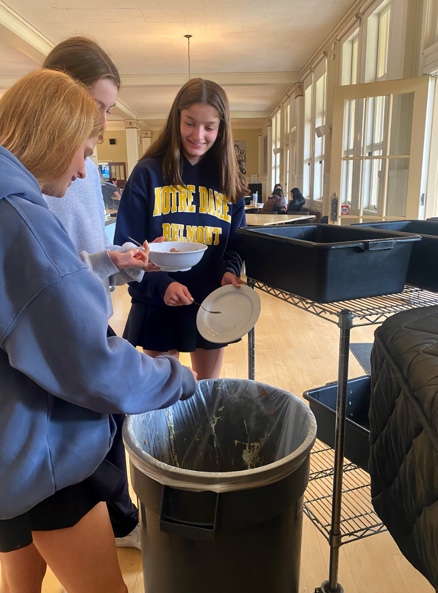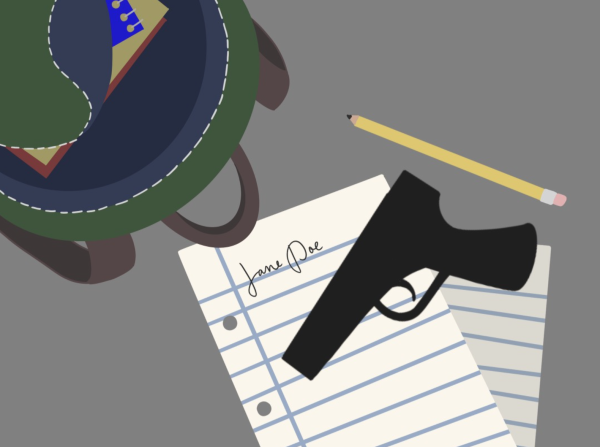First Amendment: Did you know that your school journalists are not protected?
The First Amendment was added to the Bill of Rights in 1791. When honored, this amendment ensures that every American citizen has the right to speak, write, and publish their opinions freely. It is arguably the most important amendment to our constitution and sets the United States apart from the rest of the world. But this amendment does not reach everyone.
As writers and editors of your school newspaper, we are not guaranteed the right of free speech. The first amendment does guarantee this right for public schools, as they run using government funds, and the amendment states that government-run institutions cannot infringe on freedom of speech. But for private schools, the situation is different.
Private institutions can set their own rules and limitations for members. For Catholic schools such as NDB this is the case. The Catholic church has set up clauses that limit this right for students on campus or when writing for school programs such as The Catalyst.
At NDB, we are under the San Francisco Archdiocese, so most of the policies and ideas of the school coincides with the diocese. This means that as a school newspaper, we are not allowed to contradict the Archdiocese’s, and by extension, NDB’s stances.
Who are we to call ourselves journalists when we are not allowed to report on certain news? The journalism class and club produce The Catalyst. This is a real newspaper, and is meant to present news just like outside news sources. In these newspapers, people are able to write anything they wish. Not having the right of free speech does not prepare us for the real world of journalism.
Starting last year, the Catalyst began publishing articles without prior review. This decision from the administration was a major step towards creating a more open and uncensored space for student journalists to share their perspectives. But this should be the norm for all private and Catholic schools in the country. As citizens of the United States, the first amendment should protect all students, whether they are from a private or public institution.
As opinion editors in particular, our job is to educate the student population and expose them to different thoughts and points of view. If some opinions are considered wrong and therefore censored, it is not possible to effectively do this.
It is important to consider that there is a line to be drawn here; if the opinions we write hurt others, or dehumanize their identity unnecessarily, then they should not be published. But we understand that and are capable of making the decision regarding which opinions can be negatively harmful ourselves.
Furthermore, much of the news is controversial. The most important news is often double-sided and never has a single “safe” narrative. In order to report on the most consequential news, it is important to cover the risky and debatable topics.
Our goal as journalists is to educate the school population on subjects that concern and matter to them. This includes opinions and topics that are not always universally agreeable. If we can’t do this, then our role as writers is forfeited.

Clair Sapilewski is the Managing Editor and is in Journalism II this year. This is her third year writing articles for The NDB Catalyst.
She...
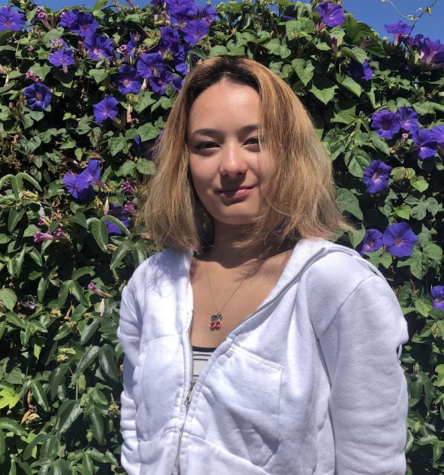
Brooke Horvai is a member of the Class of 2022 at Notre Dame High School in Belmont, CA (NDB). She is the assistant opinion editor for the school newspaper,...

